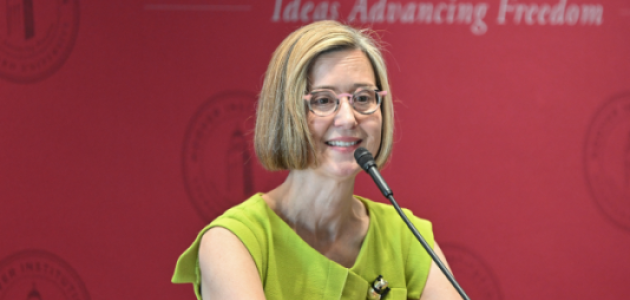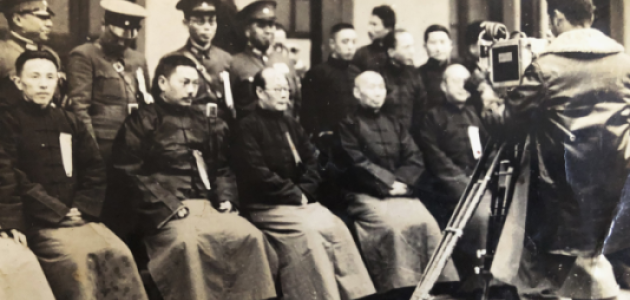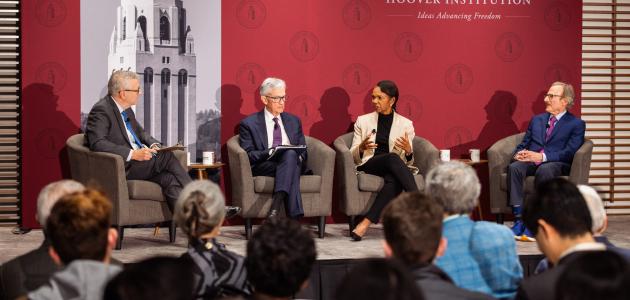Systems of crony capitalism—in which those close to political policy makers receive favors allowing them to earn returns far above those that could be obtained in a competitive market—have become a fundamental feature of economies around the world. In his new book Crony Capitalism and Economic Growth in Latin America (Hoover Institution Press, 2002) editor Stephen Haber, a senior fellow at the Hoover Institution, examines the causes and consequences of cronyism in this crucial emerging region.
"Since the Asian economic collapse of 1997 scholars and policy-makers have grown increasingly interested in the phenomenon of crony capitalism," Haber writes. "Indeed, much of the surprisingly rapid meltdown of the East Asian economies is often attributed to widespread cronyism. Yet although crony capitalism is frequently offered as a description or explanation of the inefficient economic systems of much of the developing world, the phenomenon remains poorly understood."
Drawing from case studies in Mexico, Brazil, and other countries around the world, Haber and his fellow contributors to the volume answer key questions about this pervasive phenomenon. They examine why crony economic systems come into being, how they get recreated over time even in the face of dramatic regime changes, why they survive despite being detrimental to growth, and, ultimately, how crony capitalism can be reformed.
About the Authors
Editor Stephen Haber is the Peter and Helen Bing Senior Fellow at the Hoover Institution and a professor of history and political science at Stanford University. He is also the director of Stanford's Social Science History Institute. His work focuses on the relationship between the regulation of banks and financial markets and industrial development, especially the cases of Mexico, Brazil, and the United States.
Anne O. Krueger, who contributes to the volume, is a senior fellow by courtesy at the Hoover Institution. She is also the Herald L. and Caroline L. Ritch Professor of Humanities and Science in the Department of Economics at Stanford University. Currently on leave from the Hoover Institution, Krueger is the First Deputy Managing Director of the International Monetary Fund.
The Hoover Institution, founded at Stanford University in 1919 by Herbert Hoover, who went on to become the 31st president of the United States, is an interdisciplinary research center for advanced study on domestic public policy and international affairs.













